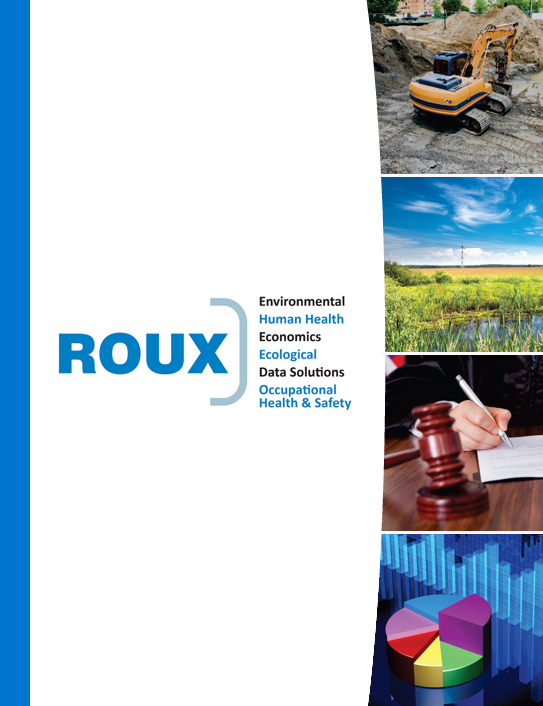New Jersey PFAS News – Leading the Way?
Ridgewood Water Files Suit
Ridgewood Water provides drinking water to Glen Rock, Ridgewood, Wyckoff, and Midland Park, New Jersey. In a meeting on September 12, 2018, Ridgewood Water presented to the public an overview of perfluoroalkyl substances (PFAS) in drinking water and their planned actions, one of which included “Determine sources of the contamination and seek funding from responsible parties.”
In February 2019, they acted on this plan, filing a products liability complaint against several companies due to the presence of perfluoro octanoic acid (PFOA) and perfluoro octane sulfonate (PFOS) in the water supply. The suit seeks damages for past and future costs to investigate and remediate PFOA and PFOS in the Ridgewood Water supply.
NJDEP Issues Directive to Five Companies
On March 25, 2019, the New Jersey Department of Environmental Protection (NJDEP) issued a directive (“the directive”) to several companies, claiming such companies are responsible for the contamination of land, water, and air in the state. Furthermore, since PFAS have been used in a wide variety of industrial and commercial processes and products, including Aqueous Film Forming Foam (AFFF), facilities that used, stored, or discharged these products are considered significant potential sources of PFAS and will likely be the focus of the NJDEP moving forward.
New Rules
On April 1, 2019, the NJDEP published in the New Jersey Register new rules and maximum contaminant levels (MCLs) for PFOA and PFOS, opening the 60-day public comment period. The salient points proposed are:
- Amend the New Jersey Safe Drinking Water Act (SDWA) to establish MCLs for PFOA and PFOS of 0.014 µg/L and 0.013 µg/L.
- Amend the Private Well Testing Act (PWTA) to require testing of private wells subject to sale or lease, and to amend the SDWA to require testing of newly constructed wells for public non-community water systems and nonpublic water systems for perfluorononanoic acid (PFNA), PFOA, and PFOS.
- Amend the Groundwater Quality Standards (GWQS) regulations (NJAC 7:9C) to establish GWQS for PFOA and PFOS of 0.014 µg/L and 0.013 µg/L. In a parallel amendment, the NJDEP is amending the New Jersey Pollutant Discharge Elimination System (NJPDES) regulations to add PFNA, PFOA, and PFOS to the Permit Application Testing Requirements/Pollutant Listings and the Requirements for Discharges to Groundwater.
- Propose adding PFOA and PFOS to the List of Hazardous Substances at Discharges of Petroleum and Other Hazardous Substances rules (NJAC 7:1E).
Under current NJDEP regulatory requirements, PFAS are considered pollutants that must be remediated using a Licensed Site Remediation Professional (LSRP). When the site or area of concern under remediation is currently or was formerly occupied by facilities that manufactured, stored, handled, or used PFAS, LSRPs must address these substances during the investigation and remedial action. This could affect the cost and timing for completing remediations in New Jersey.
The PWTA amendment will also have a significant effect on real estate transactions, both for the sampling (cost and time) and what to do if PFAS are detected above the GWQS at private residences.
Roux is currently the LSRP for a PFAS site in New Jersey, is addressing PFAS at sites in other states, and has developed early expertise with respect to investigating and remediating PFAS. For more information on how Roux’s experts can assist with PFAS issues, please click on the button below:
